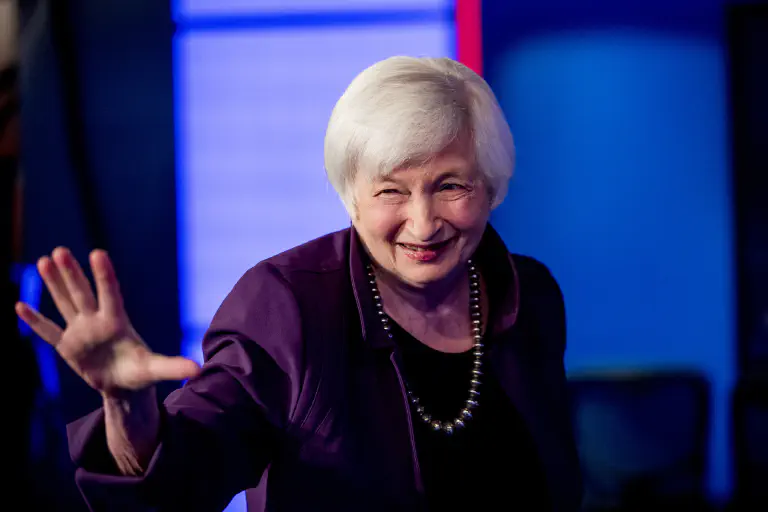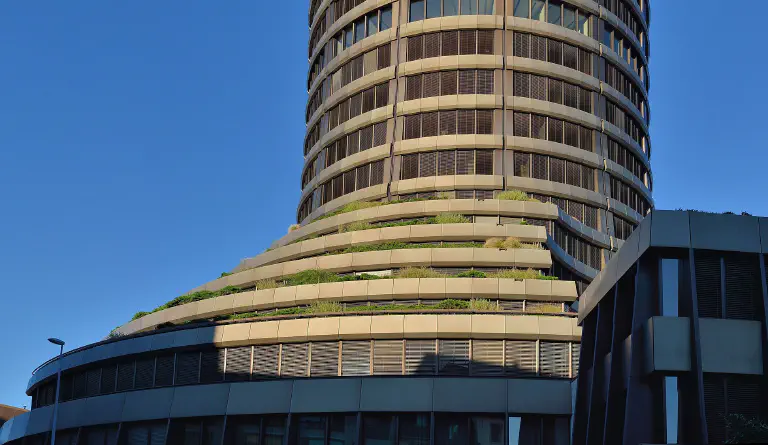The Bank of International Settlements (BIS) continues to reprimand contemporary central banking culture for easy money fixes it argues feed instability by creating global economic conditions that foster bubbles.
As the story goes, demand side policies are band-aids slapped on top of deep structural wounds.
This is especially the case in a world where financial intermediation dominates money channels with a vast array of levers, ropes, and pulleys that push the lag between easing and higher demand more and more unmeasurably into the future.
What’s the right thing to do?
"central banks' obsession with controlling short-term economic output and inflation must be replaced by policies - both national and international - that rely less on demand management and more on structural policies so as to abandon the debt-fuelled growth model that has become a substitute for meaningful reforms."
~ BIS paraphrased by Central Bank News
Why won’t it work?
Structural policies reap slow rewards while easy money quenches thirsty power mongers.
A structural policy could take ten to fifteen years to start paying off. By that time, the guys who put it in place will could be dead.
What's in it for them?
Good luck mustering the political will to do the right thing.
On the other hand, it is a good thing the Pope sings a conscientious tune, and the same can be said for the BIS.
Without somebody somewhere branding leadership with responsibility we can all of us be assured a life below the belt.
A moment of silence for John Nash.
Here’s the CBN article:
Central banks 'fumble in the dark' as they cut rates - BIS
Feature Image Source: Wikimedia Commons












